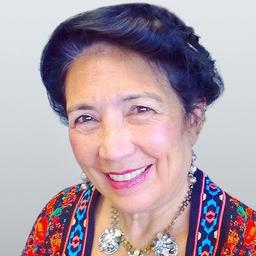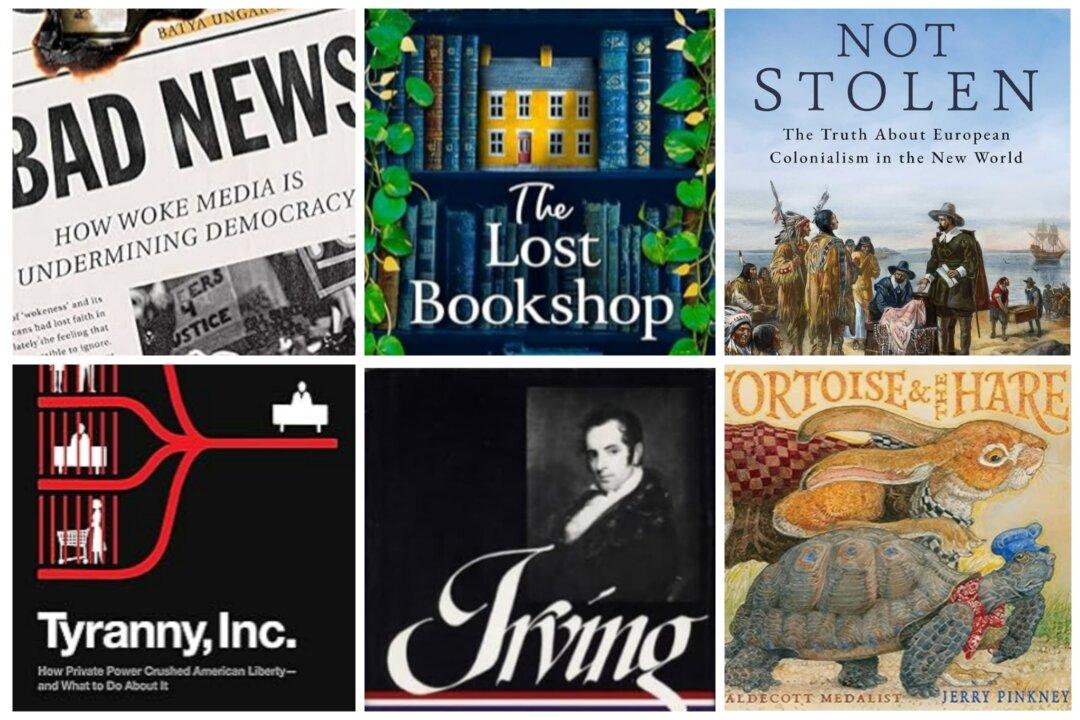The subject matter of this book piqued my interest as I am half Filipina on my father’s side. Born in Portland, Oregon, I am an American citizen, and freedom is granted to me by birthright. My father came to America from the Philippines in the early 30s, became an American citizen, attended the University of New Mexico School of Mines, and served in the U.S. Navy as a commander during World War II, principally out of Washington, D.C., with the Lend-Lease Program.
Growing up, I learned that my father’s older brother, my uncle, had died during World War II as a Japanese prisoner of war. I was spared the details, and perhaps my father was as well, as he didn’t talk about it—only that it had happened.






